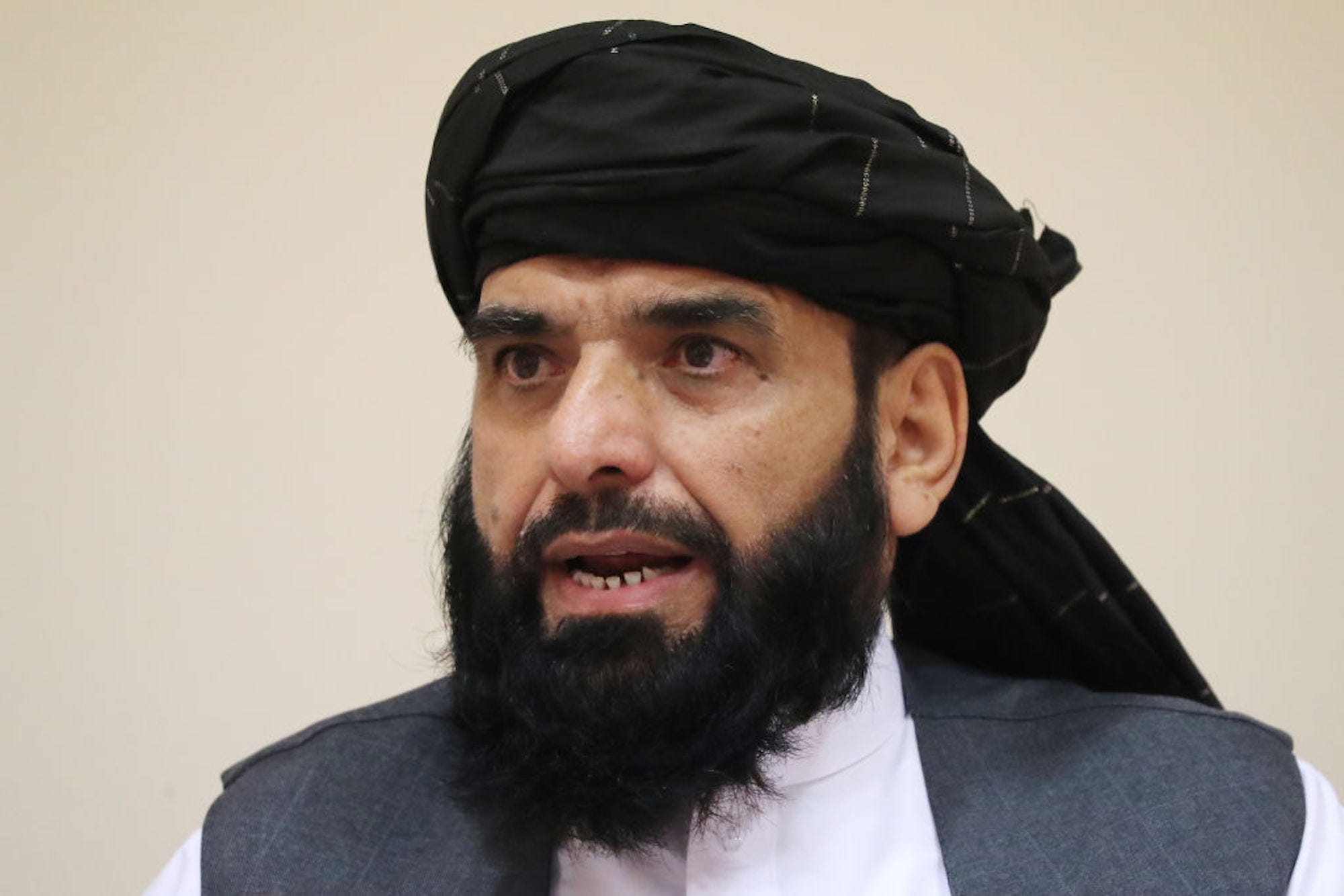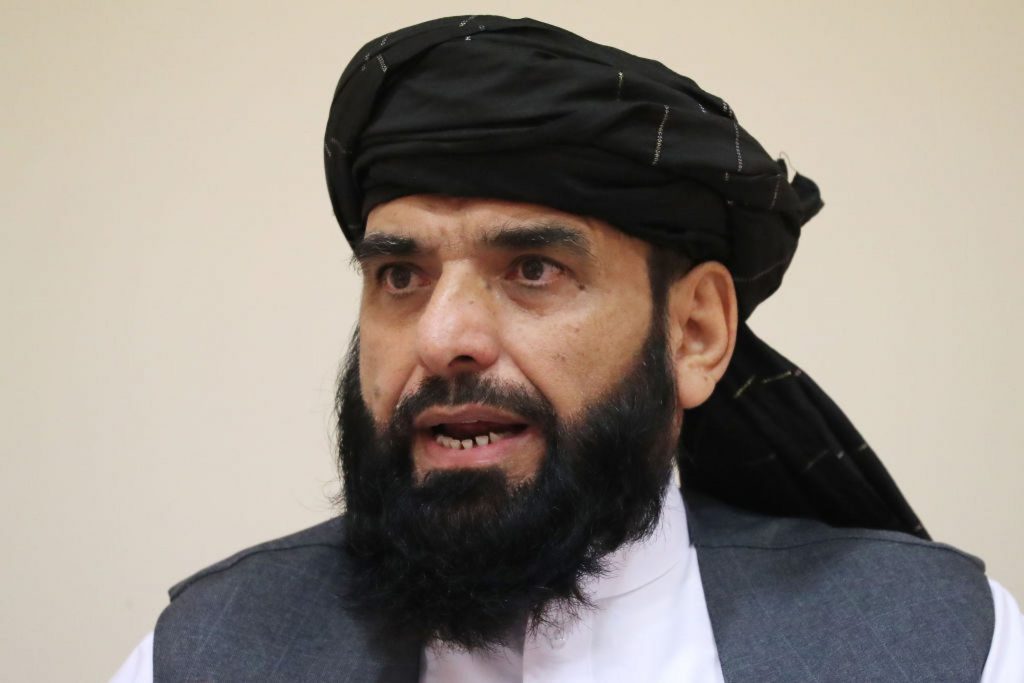
Sergei SavostyanovTASS via Getty Images
- The Taliban's foreign minister has asked for the regime's envoy to speak at the UN General Assembly.
- He's contesting Afghanistan's seat, which has been given to the ambassador representing the former government.
- When the Taliban previously ruled Afghanistan, they were not given a seat by the UN.
- See more stories on Insider's business page.
The Taliban have thrown in their bid to speak at the United Nations General Assembly in New York, several news outlets reported, creating a dilemma over who the UN will choose to recognize as the government of Afghanistan.
Taliban Foreign Minister Amir Khan Muttaqi sent a letter to UN Secretary-General Antonio Guterres on Monday requesting that one of its envoys speak at the General Assembly, reported Reuters.
At the same time, Ghulam Isaczai, the UN ambassador representing Afghanistan's ousted former government, also sent in his delegation list to the secretary-general, a UN spokesperson confirmed per the AP.
The Taliban said in its letter that Isaczai no longer represents Afghanistan because the former president Ashraf Ghani is not recognized as the country's leader anymore, the UN spokesperson added.
Both parties are jockeying to speak during Afghanistan's slated spot as the final speech of September 27, the last day of this year's General Assembly.
Officials will now have to decide whether to accept the Taliban's request, or let Isaczai continue as Afghanistan's ambassador under UN protocol. The nine members of the General Assembly's credentials commission - the US, Russia, China, Sweden, the Bahamas, Bhutan, Chile, Namibia, and Sierra Leone - must meet to rule on the seat dispute. Russia and China have been developing relations with the Taliban since its takeover in August.
A senior US state department official told the AP that the committee "would take some time to deliberate," suggesting that the Taliban's representative might not be able to speak at this current session.
When the Taliban previously ruled Afghanistan from 1996 to 2001, the hardline Islamist group was not given a seat at the UN, and instead recognized the former government that controlled the country before them.
